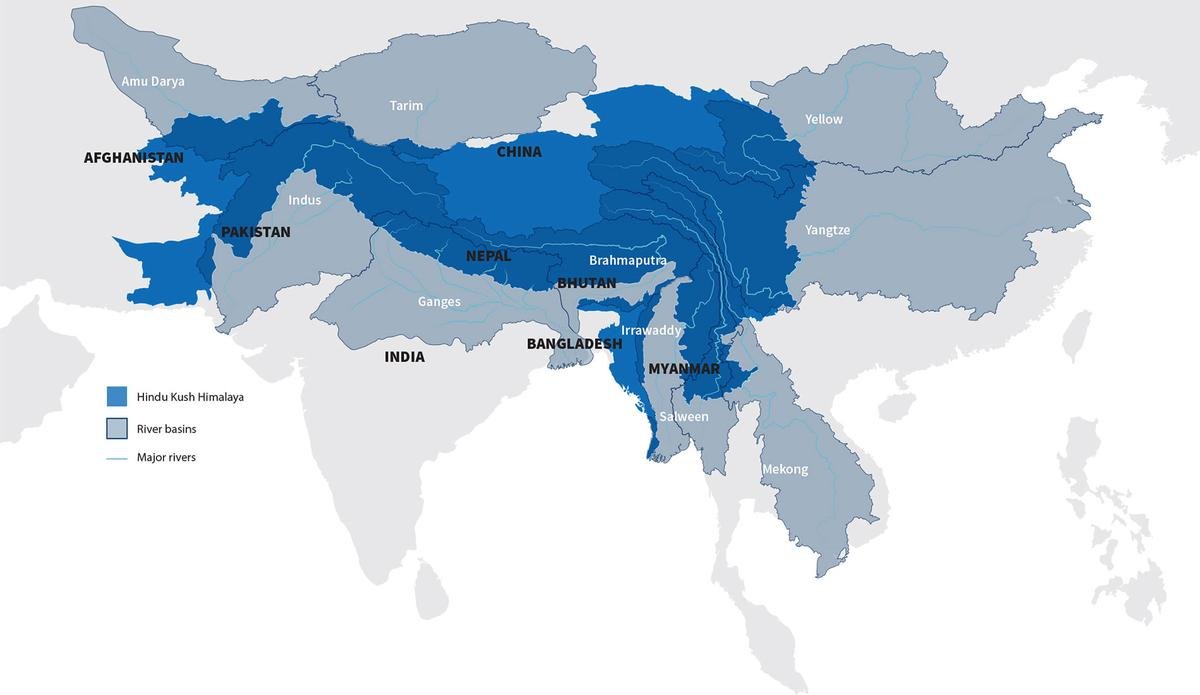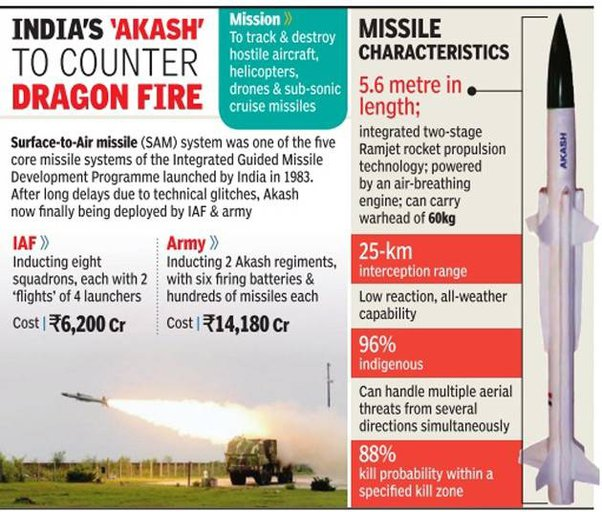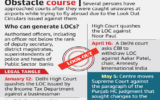
Equity in Climate Action
Subscribers of "Current Affairs" course can Download Daily Current Affairs in PDF/DOC
Subscribe to Never Miss an Important Update! Assured Discounts on New Products!
Must Join PMF IAS Telegram Channel & PMF IAS History Telegram Channel
- Context (TH): Researchers argue that current climate action scenarios overlook the historical responsibility of developed countries and lack equity prioritisation.
- For e.g, Integrated Assessment Models (IAMs) used for mitigation pathways often neglect equity principles.
- They advocate for models and scenarios that prioritise equity and climate justice.
- A recent study provides evidence supporting the aforementioned assertions.
About Intergovernmental Panel on Climate Change (IPCC) Reports
- The reports by the UN IPCC are currently in its Seventh Assessment cycle (AR7).
- These reports assess climate-related scientific literature to provide insights into the state of knowledge on climate change.
- The UN IPCC utilises Integrated Assessment Models (IAMs) to develop “modelled pathways” to estimate global warming. For example, its energy models can project future consumption.
- IAMs are sophisticated models that analyse human and earth systems to forecast potential futures for energy, climate, and economies.
- These models integrate various disciplines, including macroeconomics, energy consumption, land use changes, and climate dynamics, to offer policy-relevant insights on climate action.
- However, IAMs have limitations.
- Firstly, it prioritises least-cost assessments. For e.g, the absolute cost of setting up a solar plant or undertaking afforestation in India is lower than in the U.S.
- Secondly, it neglects equitable burden-sharing among nations (Equity).
- Despite these shortcomings, IAMs play a crucial role in informing climate policy decisions.
Findings of the new study
- Researchers from the National Institute of Advanced Studies, Bengaluru, and M.S. Swaminathan Research Foundation, Chennai, conducted the study. They assessed 556 out of 700 scenarios in IPCC’s AR6 report.
- They found that Global scenarios projected in IPCC’s AR6 report indicate more carbon sequestration and CCS deployment in developing nations.
- This implies that developing countries may bear the responsibility for both mitigation and carbon dioxide removal.
- The scenarios overlook the historical responsibility of the Global North for climate issues.
Way forward
- The UNFCCC emphasises equity and differentiated responsibilities, urging developed nations to take the lead in fighting climate change.
- Equity suggests that developed areas should aim for net negative emissions and share the remaining carbon budget with less developed regions.
- Developed regions should take more responsibility for reducing emissions and supporting less developed areas in their climate efforts.
- This approach aims to ensure fairness and equal participation in addressing climate change across regions.





![PMF IAS Environment for UPSC 2022-23 [paperback] PMF IAS [Nov 30, 2021]…](https://pmfias.b-cdn.net/wp-content/uploads/2024/04/pmfiasenvironmentforupsc2022-23paperbackpmfiasnov302021.jpg)











